Your sinus medication might be causing more problems than it's solving. While doctors quickly prescribe decongestants, antihistamines, and steroid sprays, they rarely discuss the serious side effects that can impact your daily life, health, and well-being.
What You'll Learn
- The hidden side effects of popular sinus medications that doctors rarely discuss
- Why some sinus drugs can make you feel worse than your original symptoms
- How certain medications create dangerous dependency cycles
- Which side effects pose serious long-term health risks
- Safe, effective alternatives that work without the harmful effects
The Hidden Costs of Sinus Medications
Most sinus sufferers trust their medications completely. But pharmaceutical companies aren't required to advertise every side effect. Many users discover these problems only after weeks or months of use, when the damage is already done.
The truth is, common sinus medications carry risks that can be more disruptive than your stuffy nose ever was. Let's examine what they don't tell you about these popular treatments.
Oral Decongestants: More Than Just Relief
Pseudoephedrine, found in Sudafed and similar products, doesn't just clear your sinuses. It acts like a mild stimulant throughout your entire body.
Users commonly experience jitters and anxiety that can last for hours. Many report feeling "wired" or unable to sit still. Sleep becomes difficult, even when taken early in the day.
More seriously, pseudoephedrine raises blood pressure and heart rate. For people with existing heart conditions, this can be dangerous. Men over 50 often experience urinary retention, making it difficult or painful to urinate.
Sarah, a 45-year-old teacher, shared: "I thought I was having panic attacks. Turns out it was the Sudafed I'd been taking daily for my chronic sinusitis."
Antihistamines: The Brain Fog Connection
Diphenhydramine (Benadryl) and chlorpheniramine seem harmless, but they cross the blood-brain barrier and affect your thinking.
The drowsiness is obvious, but the cognitive effects are more subtle and dangerous. Users report difficulty concentrating, memory problems, and feeling "mentally foggy." This anticholinergic burden increases dementia risk with long-term use.
Dry mouth and nose are common, which can actually worsen sinus problems. In elderly users, these medications significantly increase fall risk due to dizziness and confusion.
Mark, a software developer, explains: "The antihistamines caused such brain fog I couldn't work effectively. I switched to red light therapy and got my mental clarity back while still clearing my sinuses."
Steroid Nasal Sprays: Not as Safe as Advertised
Fluticasone, budesonide, and other steroid sprays are marketed as "safe for daily use." But long-term users often develop nosebleeds that won't stop.
More alarming is the risk of nasal septum perforation - literally creating a hole in the wall between your nostrils. This requires surgical repair and can cause permanent breathing problems.
Oral thrush (yeast infections in the mouth) develops in many users. Children using these sprays may experience slowed growth, as the steroids can suppress natural growth hormone production.
The Rebound Trap: Decongestant Sprays
Oxymetazoline (Afrin) and similar nasal sprays create a vicious cycle. After just 3-5 days of use, your nose becomes dependent on the medication.
When the spray wears off, congestion returns worse than before. This "rebound congestion" forces users to spray more frequently, creating a dependency that can last months or years.
Breaking free from nasal spray addiction often requires medical supervision and can take weeks of severe congestion.
Oral Steroids: The Nuclear Option's Fallout
For severe sinusitis, doctors prescribe prednisone or similar oral steroids. Even short courses can cause significant problems.
Weight gain happens quickly, especially around the face and midsection. Mood swings, irritability, and even temporary depression are common. Blood sugar spikes can trigger diabetes in susceptible people.
Longer courses weaken bones and suppress immune function, making you vulnerable to other infections while treating your sinusitis.
A Safer Path Forward
You don't have to choose between suffering and side effects. Red light therapy offers a science-backed alternative that addresses sinus inflammation without any of these risks.
The NoMore Colds red light therapy device uses specific wavelengths to reduce inflammation and promote natural healing. Users report clear sinuses without jitters, brain fog, or dependency concerns.
Your health is too important to risk on medications with hidden dangers. Choose side-effect-free relief with NoMore Colds and breathe freely again without compromising your well-being.

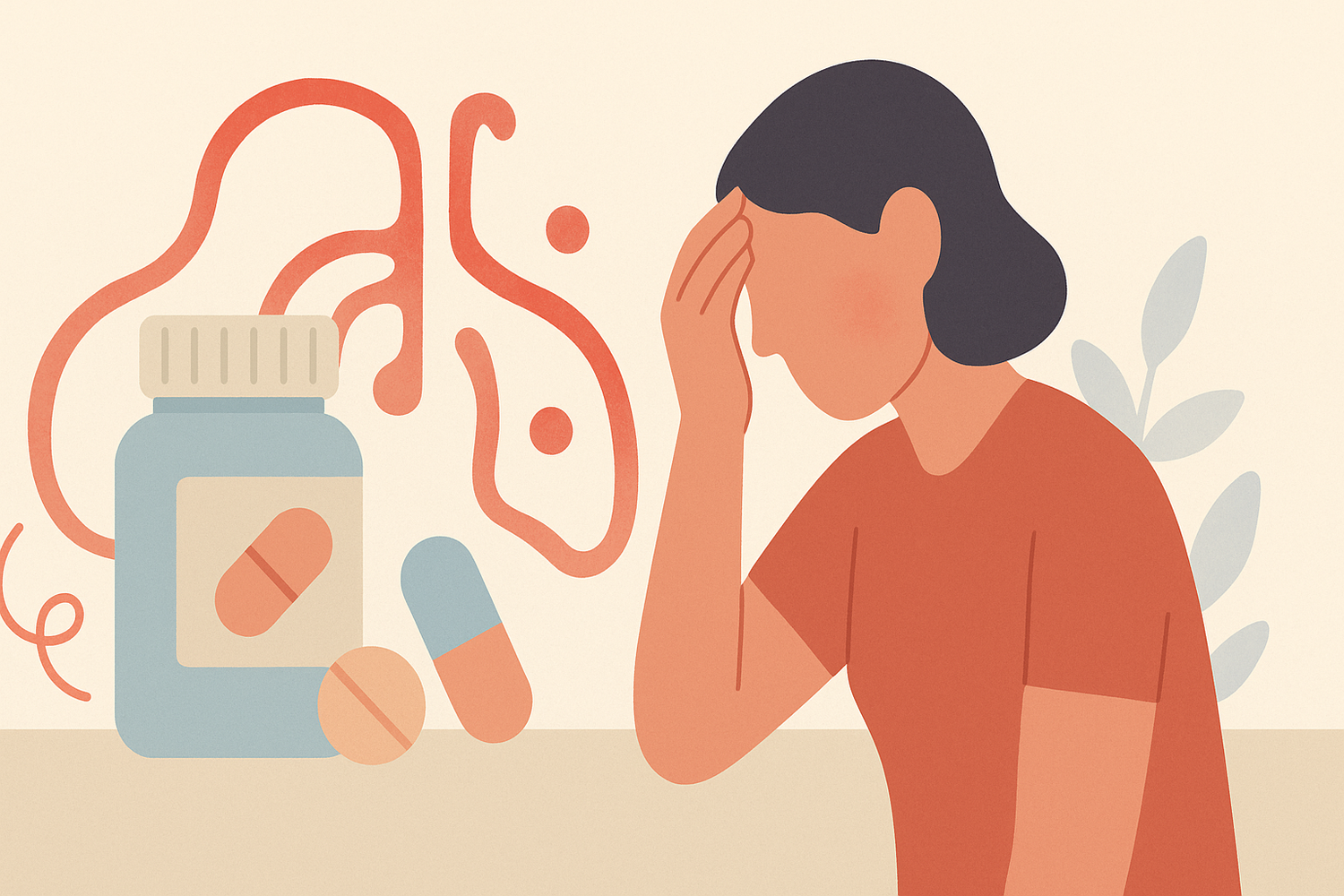
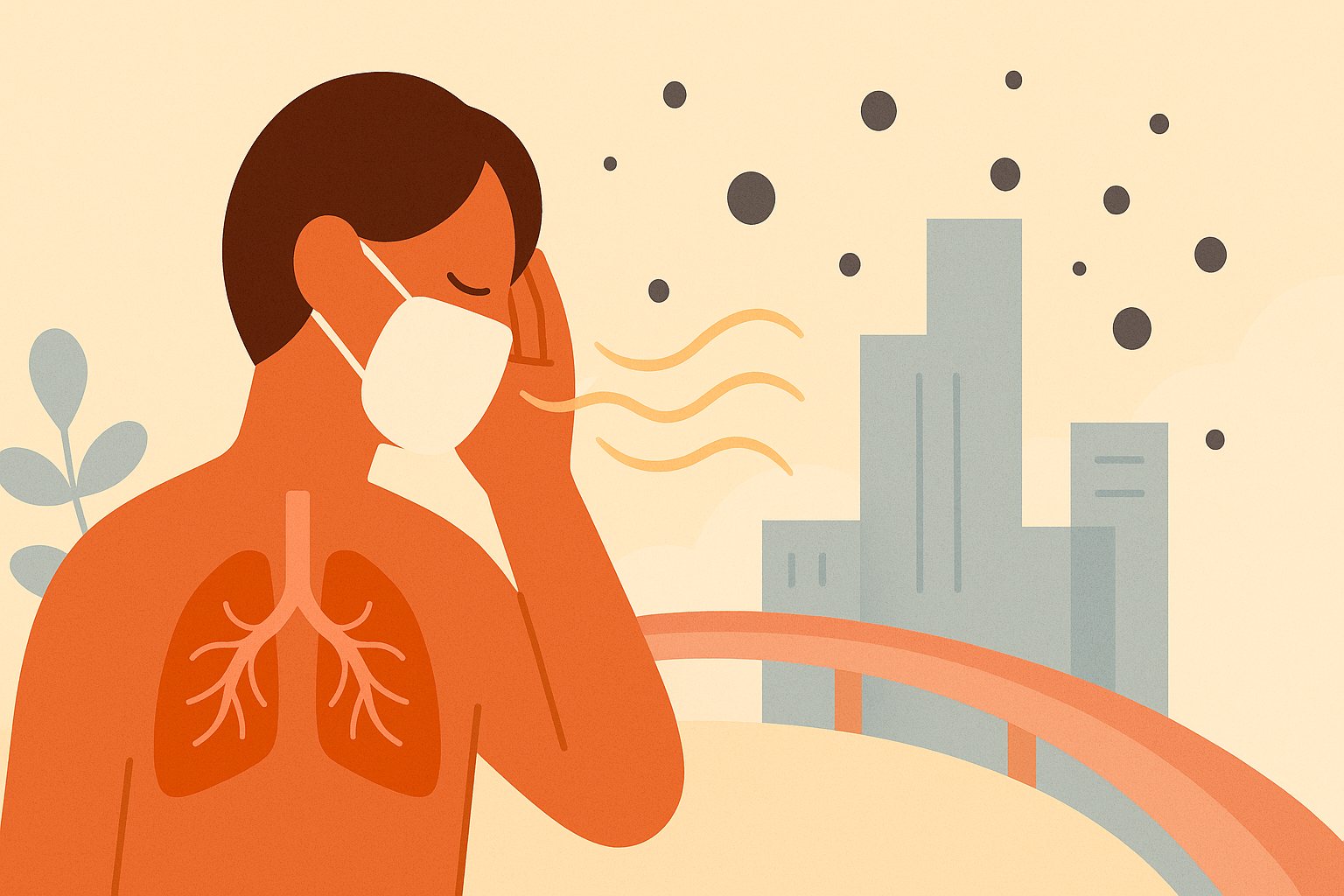
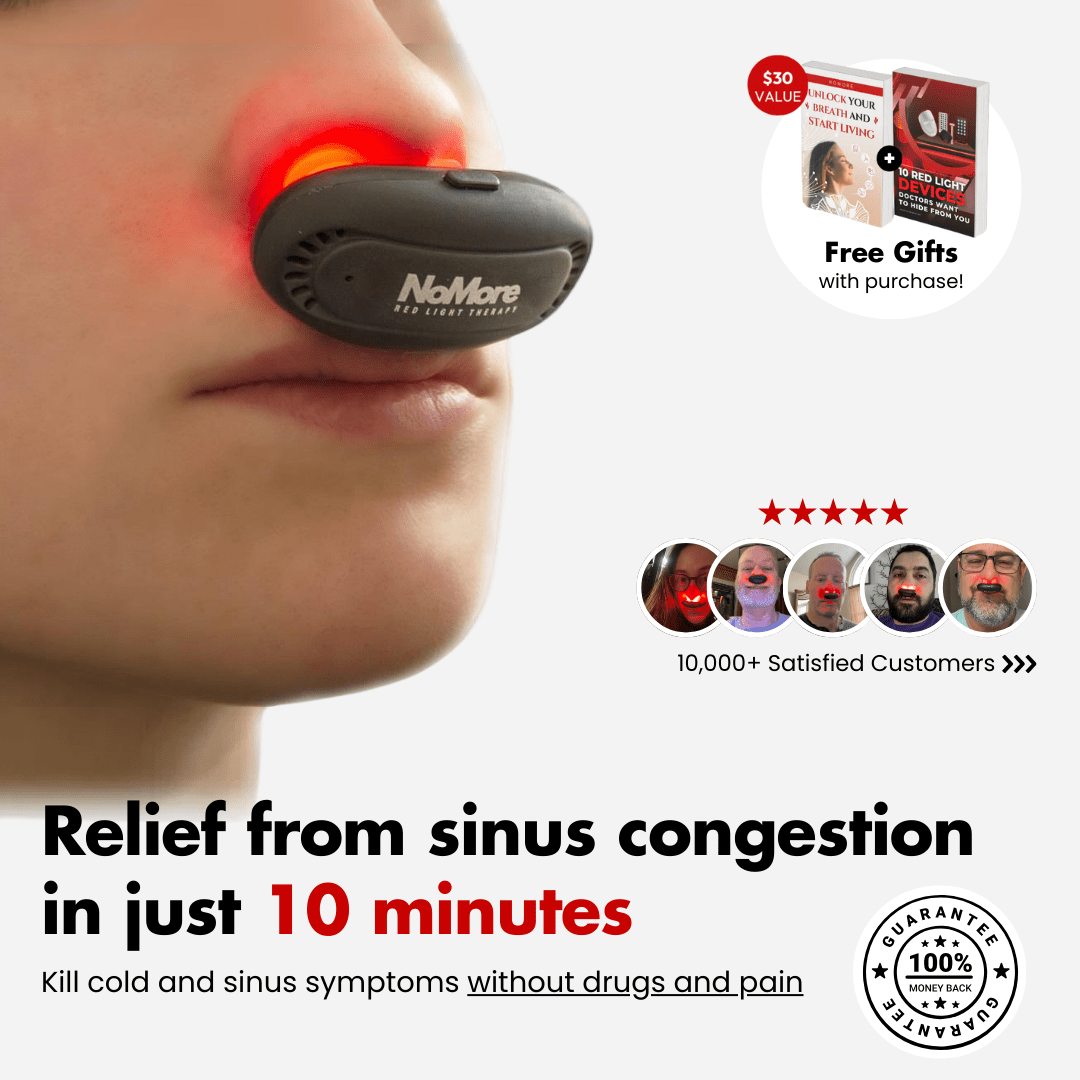
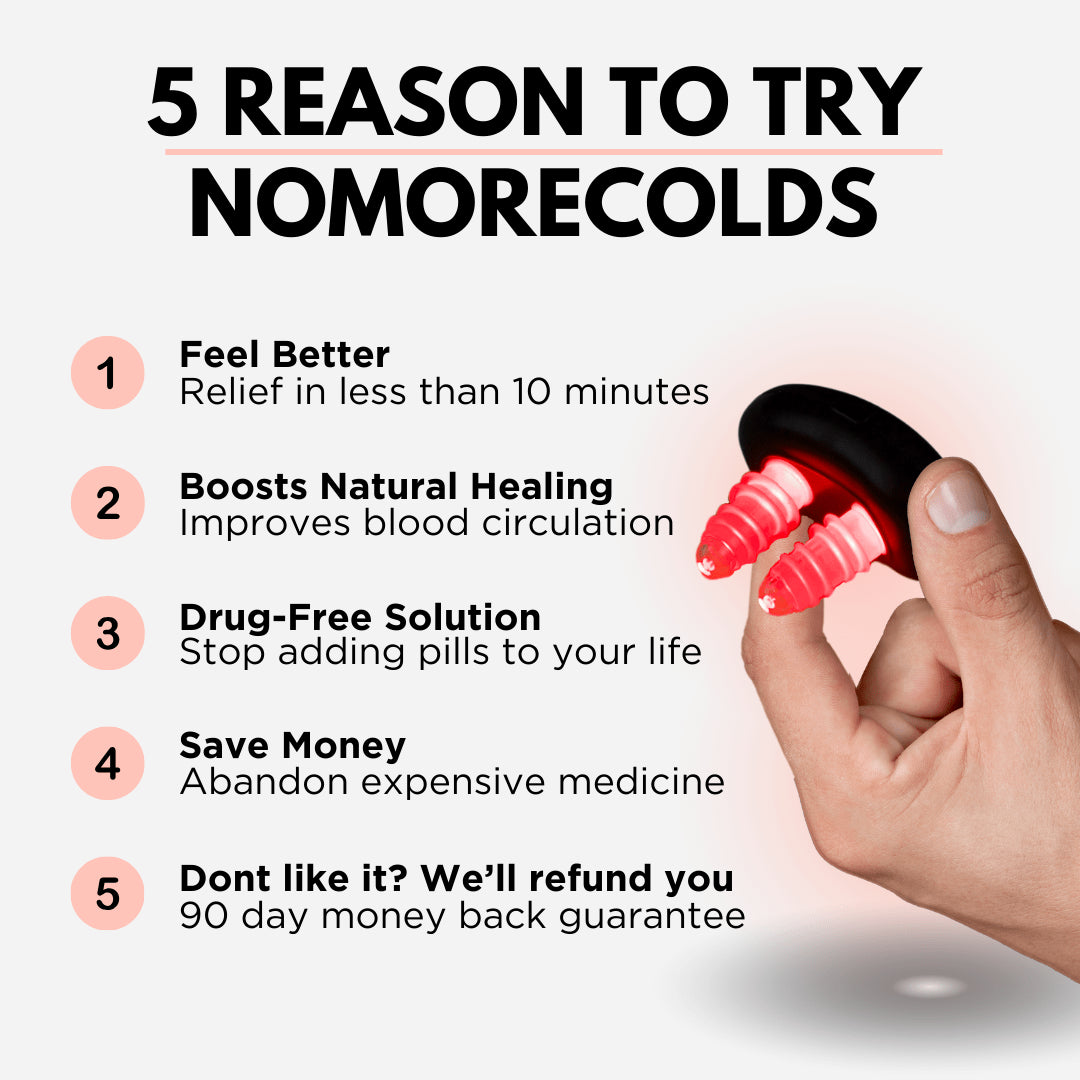
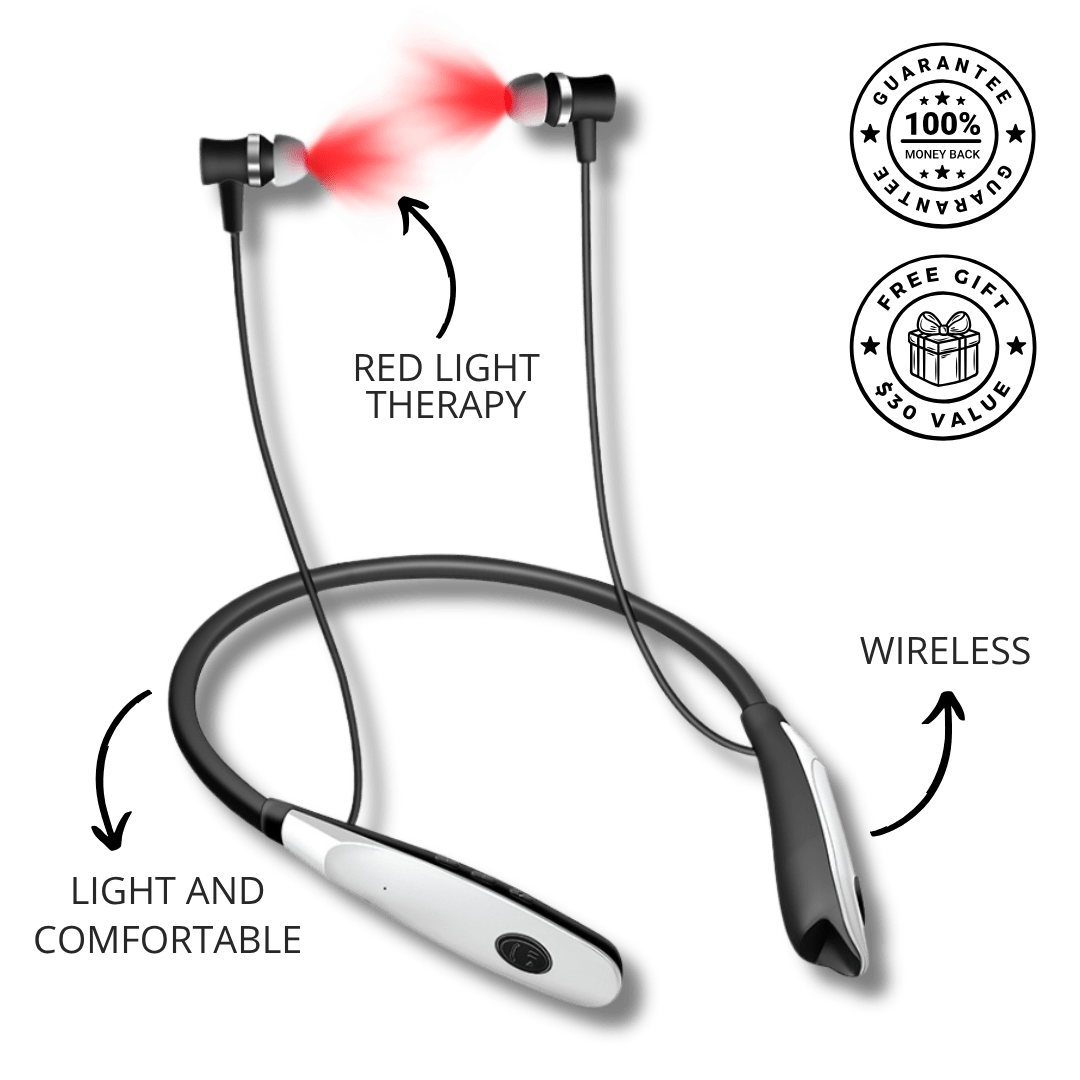
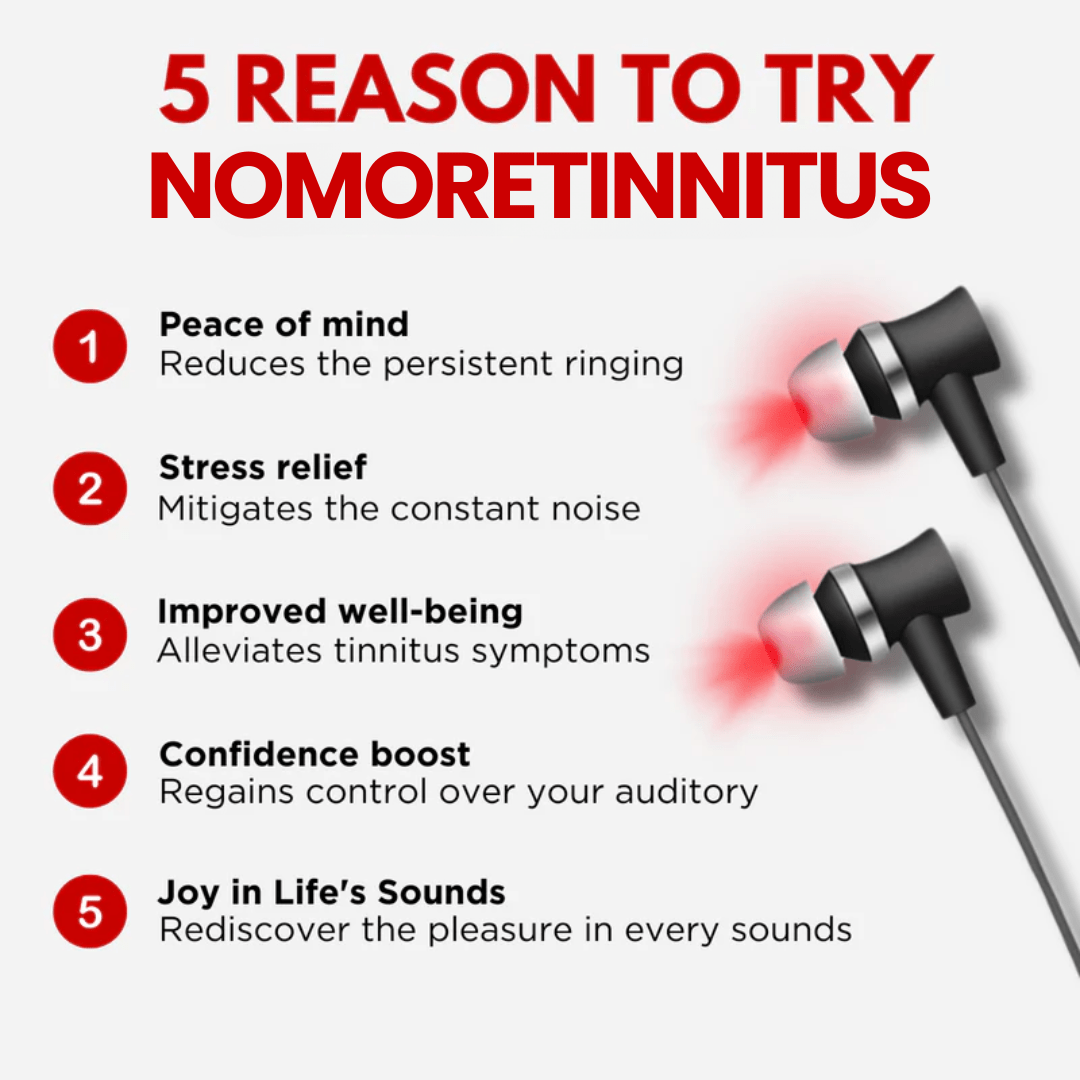
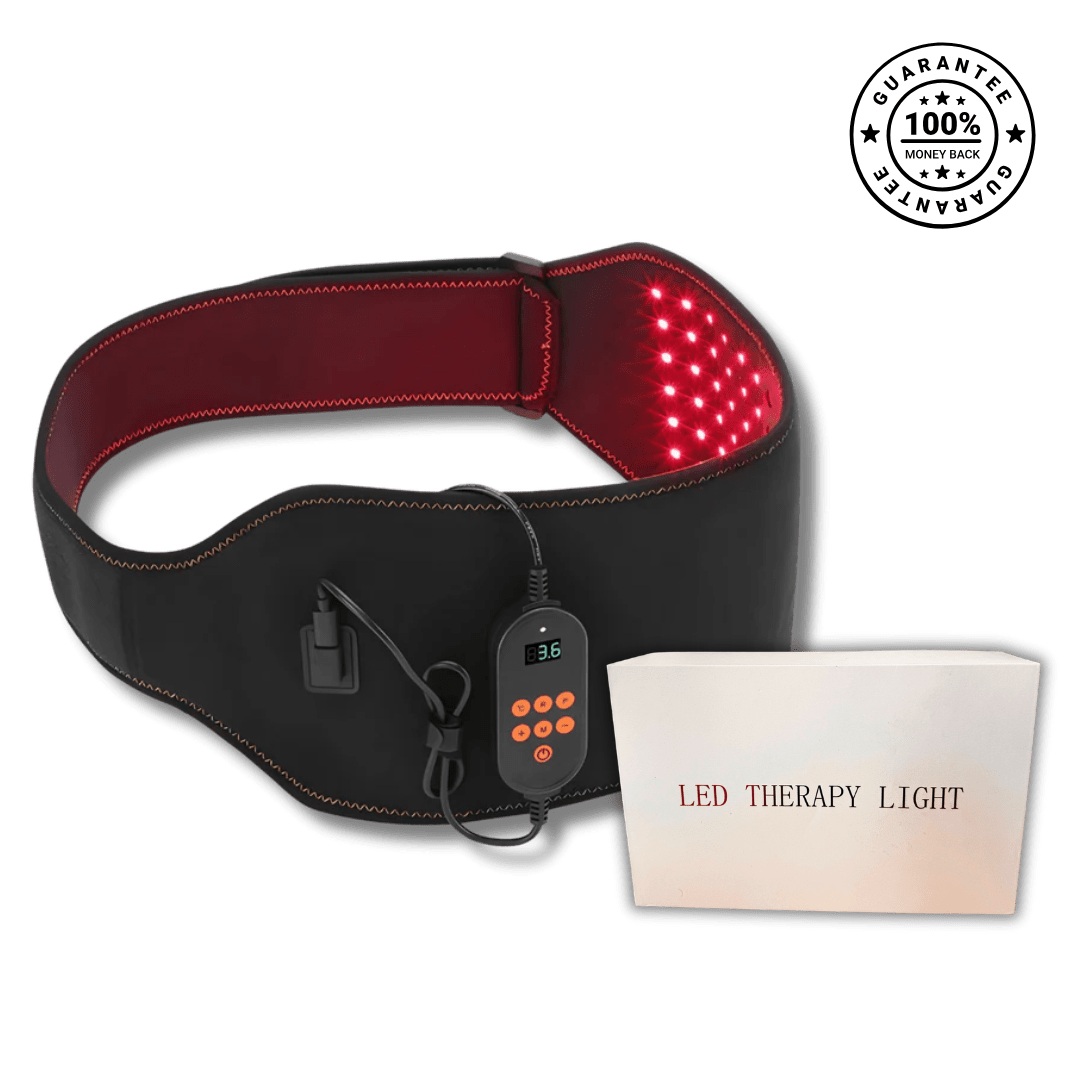
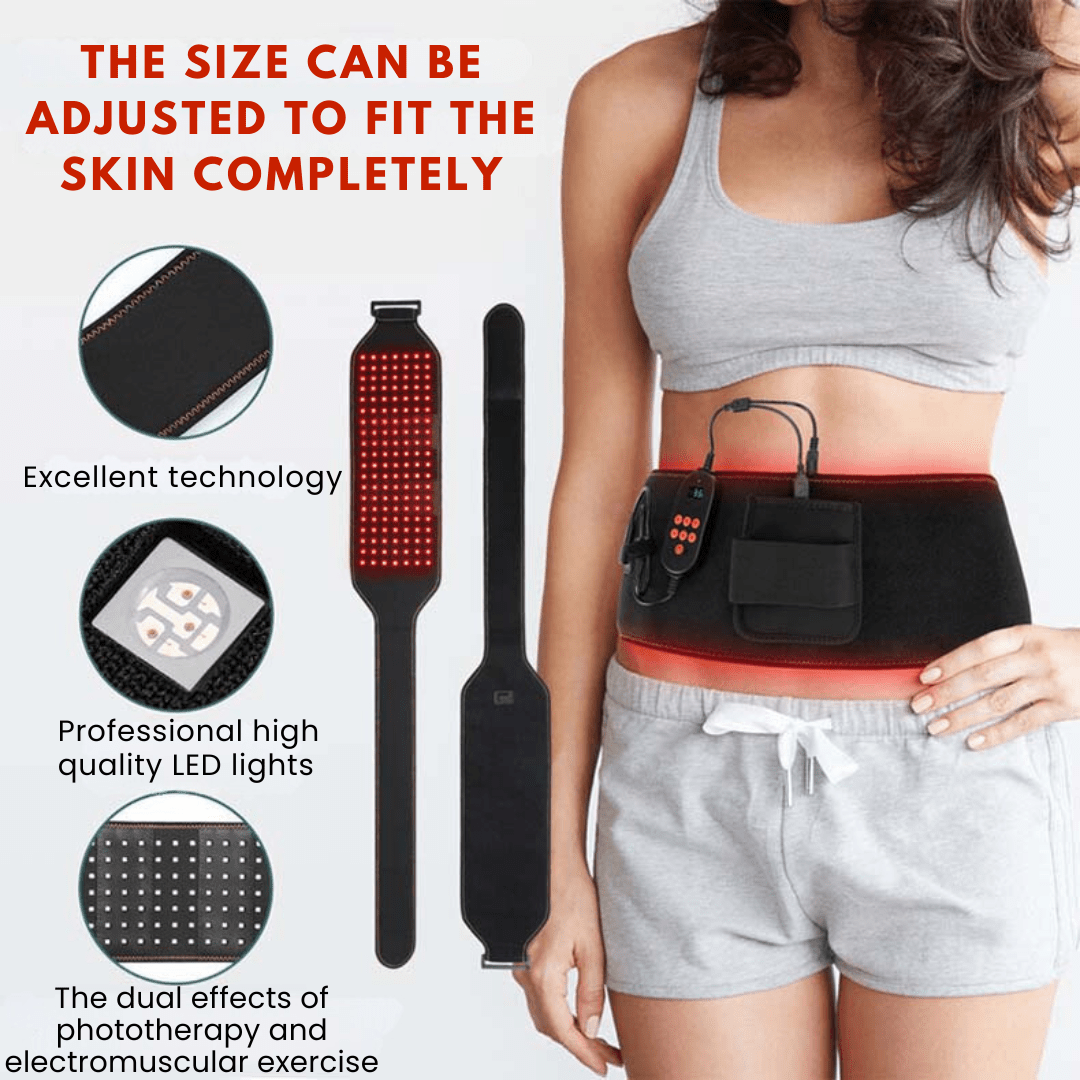
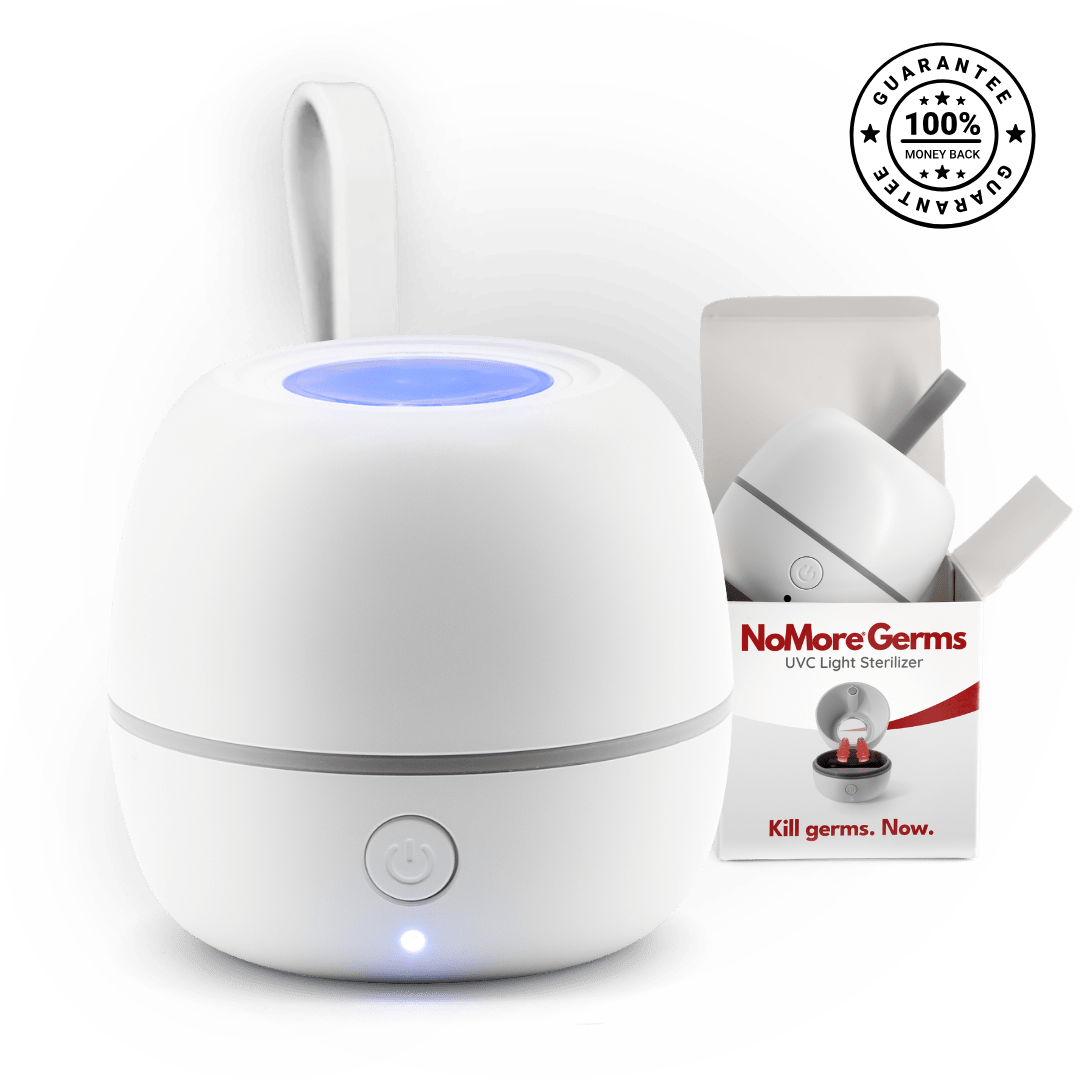
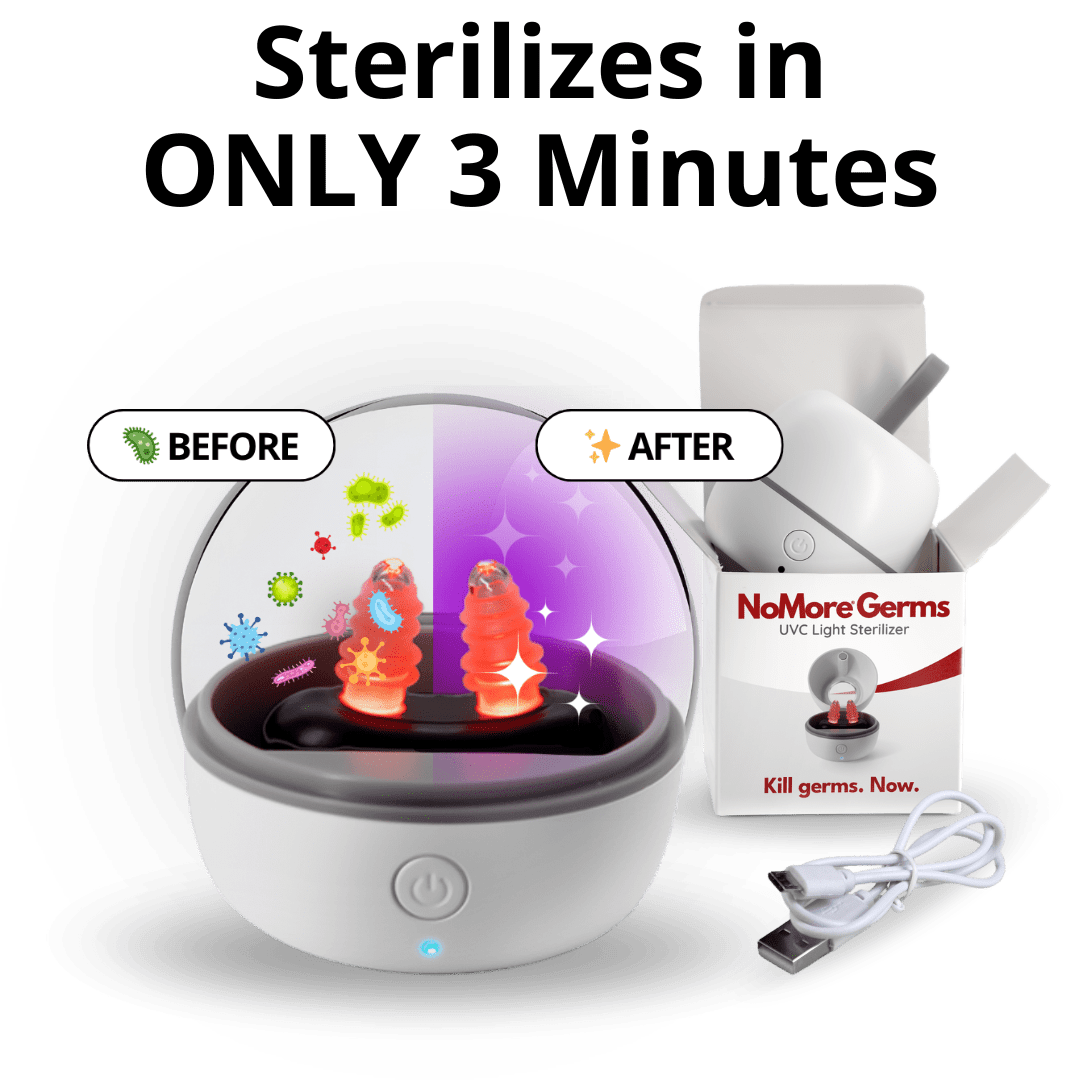
Leave a comment
All comments are moderated before being published.
This site is protected by hCaptcha and the hCaptcha Privacy Policy and Terms of Service apply.